Keratoplasty /Cornea Transplant Surgery in Asansol
Affordable Corneal treatment with PK, DALK, DSEK & DMEK by the top cornea surgeons
![]() Affordable
Affordable
![]() Same Day Discharge
Same Day Discharge
![]() PK, DALK, DSEK & DMEK Available
PK, DALK, DSEK & DMEK Available
![]() Free Consultation
Free Consultation
Cornea Transplant / Keratoplasty In Asansol
A cornea transplant is a surgical procedure to replace the damaged or diseased cornea with a healthy one. The healthy cornea is usually donated by a family member or friend. Keratoplasty, also known as corneal transplantation, is a type of surgery to treat eye conditions that affect the cornea, such as keratoconus, Fuchs dystrophy and other corneal scars.
The success rate for cornea transplants is generally high, but it depends on many factors such as the reason for the transplant, the age of the patient and the health of the eye prior to surgery. Most people who have a successful transplant enjoy improved vision afterwards.
If you are considering having a cornea transplant in Asansol, please consult with an experienced eye surgeon to learn more about this procedure and whether it is right for you.
Causes Of Corneal Diseases
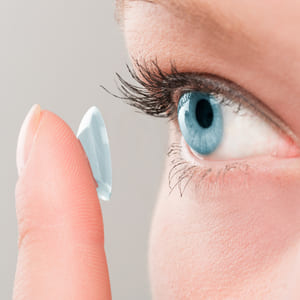

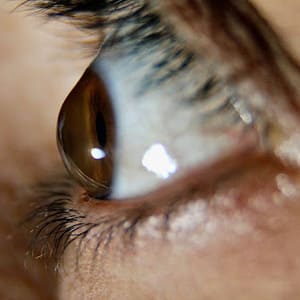
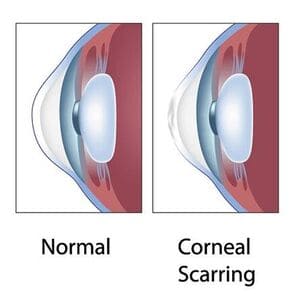
Types of Corneal Transplant Surgeries
There are a variety of corneal transplant surgeries that can be performed. These include penetrating keratoplasty (PK), descemet’s stripping endothelial keratoplasty (DSEK/ DSAEK), descemet’s membrane endothelial keratoplasty (DMEK), deep anterior lamellar keratoplasty (DALK), superficial anterior lamellar keratoplasty (SALK) and artificial cornea transplant (keratoprosthesis). Each surgery has its own benefits and drawbacks, but all aim to restore vision by replacing the damaged or diseased cornea with a healthy one.
PK is the most common type of corneal transplant surgery, and it involves removing the damaged or diseased cornea and replacing it with an artificial one. This procedure is usually done as an outpatient procedure, and patients typically experience good vision within a few days after the surgery. However, PK is not always effective in restoring vision, and some patients may experience significant visual loss over time.
DSEK/ DSAEK is a less common type of Corneal Transplant Surgery that involves using a small incision to remove the damaged or diseased cornea and then suturing the artificial replacement into place. This procedure is usually done as an outpatient procedure, and patients typically experience good vision within a few days after the surgery. However, DSEK/ DSAEK is not always effective in restoring vision, and some patients may experience significant visual loss over time.
DMEK is the least common type of Corneal Transplant Surgery, and it involves using a small incision to remove the damaged or diseased cornea and then suturing the artificial replacement into place. This procedure is usually done as an outpatient procedure, and patients typically experience good vision within a few days after the surgery. However, DMEK is not always effective in restoring vision, and some patients may experience significant vision loss over time.
Deep Anterior Lamellar Keratoplasty (DALK) is a type of corneal transplant surgery that involves removing the front layer of the cornea and replacing it with an artificial one. This procedure is usually done as an outpatient procedure, and patients typically experience good vision within a few days after the surgery. However, DALK is not always effective in restoring vision, and some patients may experience significant vision loss over time.
Superficial Anterior Lamellar Keratoplasty (SALK) is a type of corneal transplant surgery that involves removing the front layer of the cornea and replacing it with an artificial one. This procedure is usually done as an outpatient procedure, and patients typically experience good vision within a few days after the surgery. However, SALK is not always effective in restoring vision, and some patients may experience significant visual loss over time.
Keratoprosthesis is an artificial cornea that is surgically implanted into the eye to replace a damaged or diseased one. This procedure is usually done as an outpatient procedure, and patients typically experience good vision within a few days after the surgery. However, keratoprosthesis is not always effective in restoring vision, and some patients may experience significant visual loss over time.
Cornea Transplant Surgery Cost In Asansol
The cost of corneal treatment surgery in Asansol varies between ₹40,000/eye to ₹80,000/eye depending on the procedure. MantraCare is one of the best cornea hospitals in Asansol, and it offers corneal treatment at the most competitive prices. MantraCare also offers insurance and financing EMI options for corneal treatment in Asansol to make the procedure more affordable for patients.
| Cornea Treatment Options | Description | Cost (₹) |
|---|---|---|
| Penetrating Keratoplasty (PK) in Asansol | Full thickness corneal transplant (entire cornea is replaced) | 55,000 |
| Descemet’s Stripping Endothelial Keratoplasty (DSEK/ DSAEK) in Asansol | Damaged inner corneal layer is removed through a small incision (Donor tissue is thicker & easier to transplant compared to DMEK) | 50000 |
| Descemet’s Membrane Endothelial Keratoplasty (DMEK) in Asansol | Damaged inner corneal layer is removed through a small incision | 50000 |
| Deep Anterior Lamellar Keratoplasty (DALK) in Asansol | Partial thickness corneal transplant (used in case of keratoconus or bulging cornea) | 45000 |
| Superficial anterior lamellar keratoplasty (SALK) in Asansol | Partial thickness corneal transplant wherein the front layer of the cornea is replaced (Stroma and endothelium are unharmed) | 45000 |
| Artificial Cornea Transplant (Keratoprosthesis) in Asansol | Corneal transplant with artificial cornea (If not eligible for a donor cornea) | 80000 |
Cornea Hospitals in Asansol
There are several cornea eye hospitals in Asansol, including MantraCare Asansol, Eye Clinic Asansol, Eye Center Asansol, and Eye Mantra Asansol. EyeMantra is one of Asansol’s leading Cornea treatment center, with over 100,000 eyes operated by its doctors. Our hospitals in Asansol are accessible from the following areas :
- Asansol
- Chelidanga
- NH-2
- Shristinagar
- Neamatpur
- Dhadka
- Burnpur
- Pathak Bari
- Radha Nagar
- Mohishila Colony
- Ushagram
- Gobindapur
- Kalyanpur
- Railpar
- Rabindra Nagar
- Salanpur
- Munshi Bazar
- Gopalpur
- Apcar Garden
- Hamid Nagar
- Kanyapur
- Asansol Court Area
- Kaladabar
- Rupnarayanpur
Top Corneal Treatment / Keratoplasty Doctors in Asansol
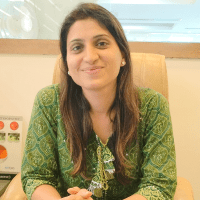
Cataract, Retina, Glaucoma, LASIK

Retina Specialist
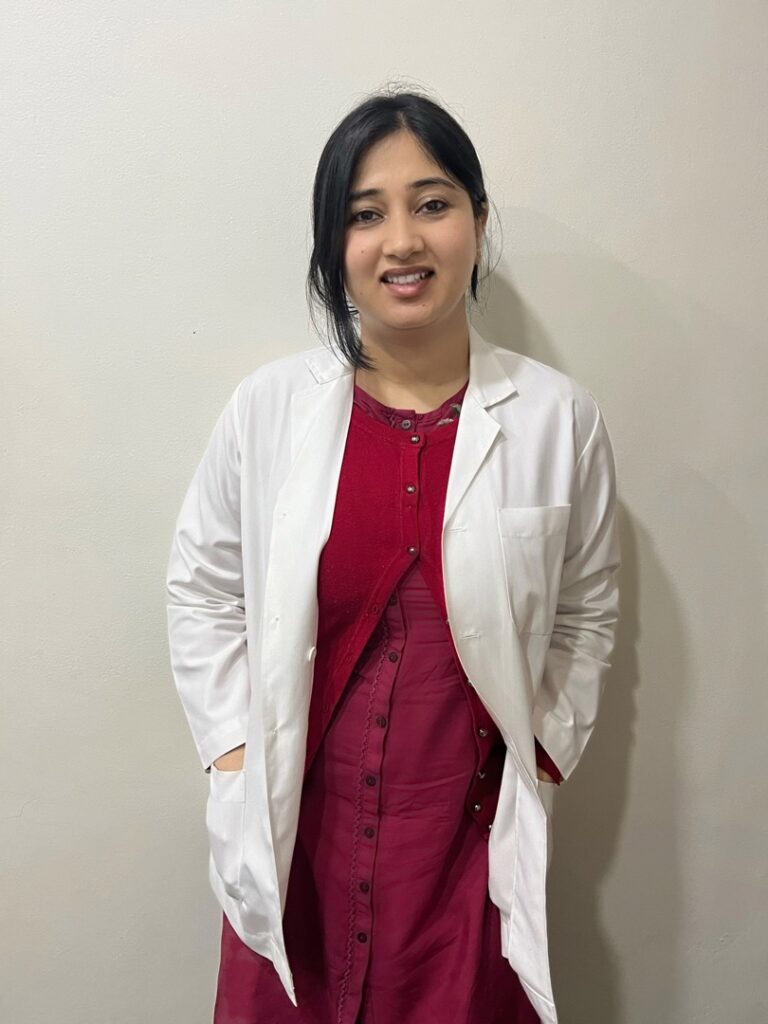
Cataract, Glaucoma

Cataract, Retina, Glaucoma
Happy Patients from Asansol after Corneal Transplant / Keratoplasty

“I am thankful to MantraCare for their generous corneal donation. The surgery was quick, successful, and painless. I am now enjoying an uninterrupted vision again.”
– Sharon (Asansol)